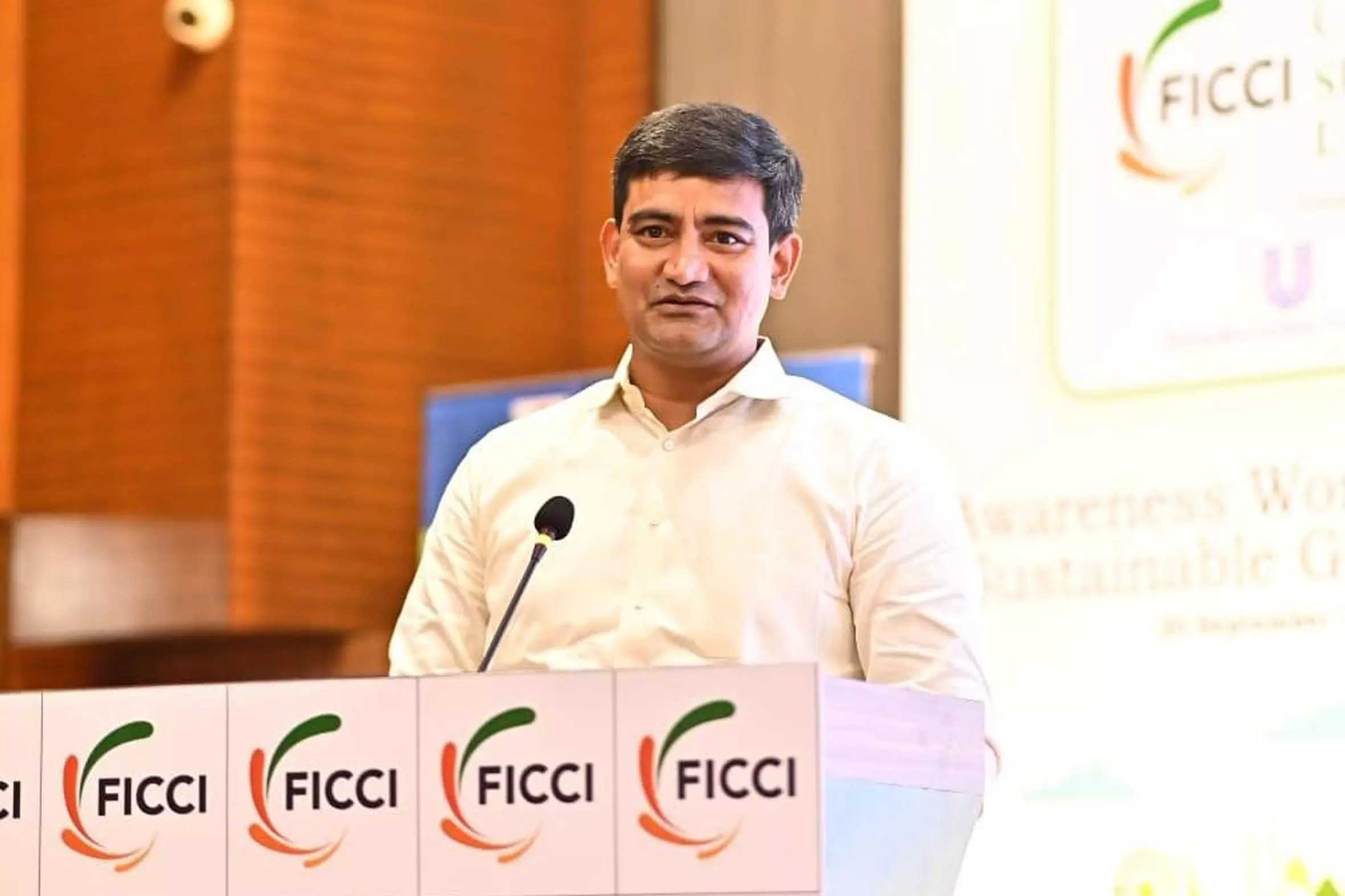By K.M.P. PATNAIK
Copyright deccanchronicle

Visakhapatnam:Minister for MSME and NRI Affairs Kondapalli Srinivas underscored the strategic importance of embedding Environmental, Social, and Governance (ESG) principles into MSME operations, calling it vital for enhancing competitiveness, achieving sustainability, and attracting global investments.Addressing the inaugural session of a workshop on ESG and sustainable growth for MSMEs organised by FICCI in Visakhapatnam on Saturday, the minister noted that MSMEs form the backbone of India’s economy, contributing nearly 45 percent of exports, employing over 11 crore people, and accounting for roughly 30 percent of GDP. He appreciated recent national reforms, including GST rationalisation, which provide relief to both MSMEs and the middle class while promoting industrial growth.Kondapalli also highlighted Chief Minister N. Chandrababu Naidu’s vision to strengthen the MSME ecosystem by restructuring systems for ease of doing business, establishing MSME Parks across all 175 Assembly Constituencies with special focus on rural areas, and generating employment while reducing operational expenses.The minister elaborated on state initiatives such as cluster-based Common Facility Centres (CFCs) for industries including gold, pharmaceuticals, and textiles; the creation of an enabling ecosystem connecting universities, financial institutions, venture capitalists, and government organisations with the Ratan Tata Innovation Hub; promotion of clean and green energy adoption in manufacturing; and the proposed Chief Minister’s Employment Generation Programme (CMEGP) to encourage micro-entrepreneurship at the grassroots level. He added that Industrial Promotion Officers will be deployed in each Assembly Constituency, and district-level Chambers of Commerce will be empanelled to ensure grassroots support, handholding, and effective last-mile delivery for MSMEs.Thammireddy Sivasankara Rao, chairman of APMSMEDC, emphasised the critical importance of addressing environmental issues such as climate change, industrial pollution, effluent treatment, and pesticide residues, which are increasingly decisive factors in global trade and market competitiveness.



